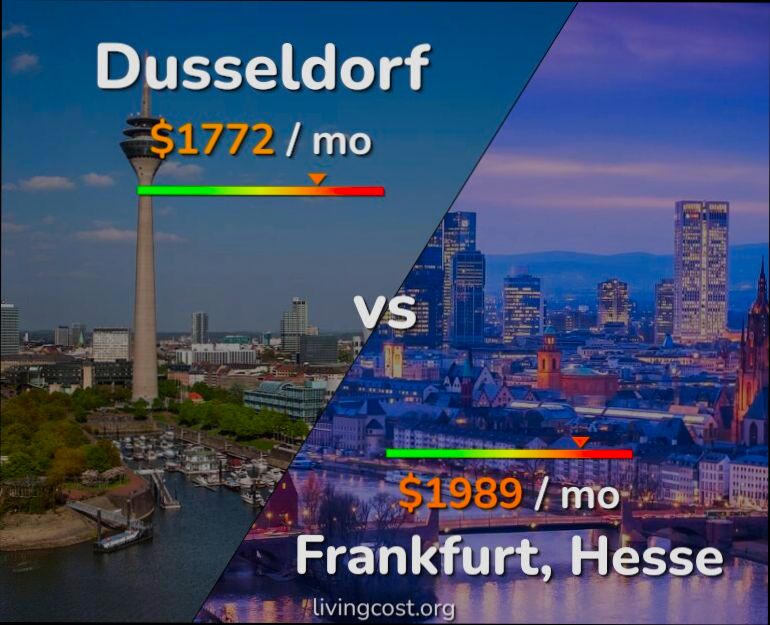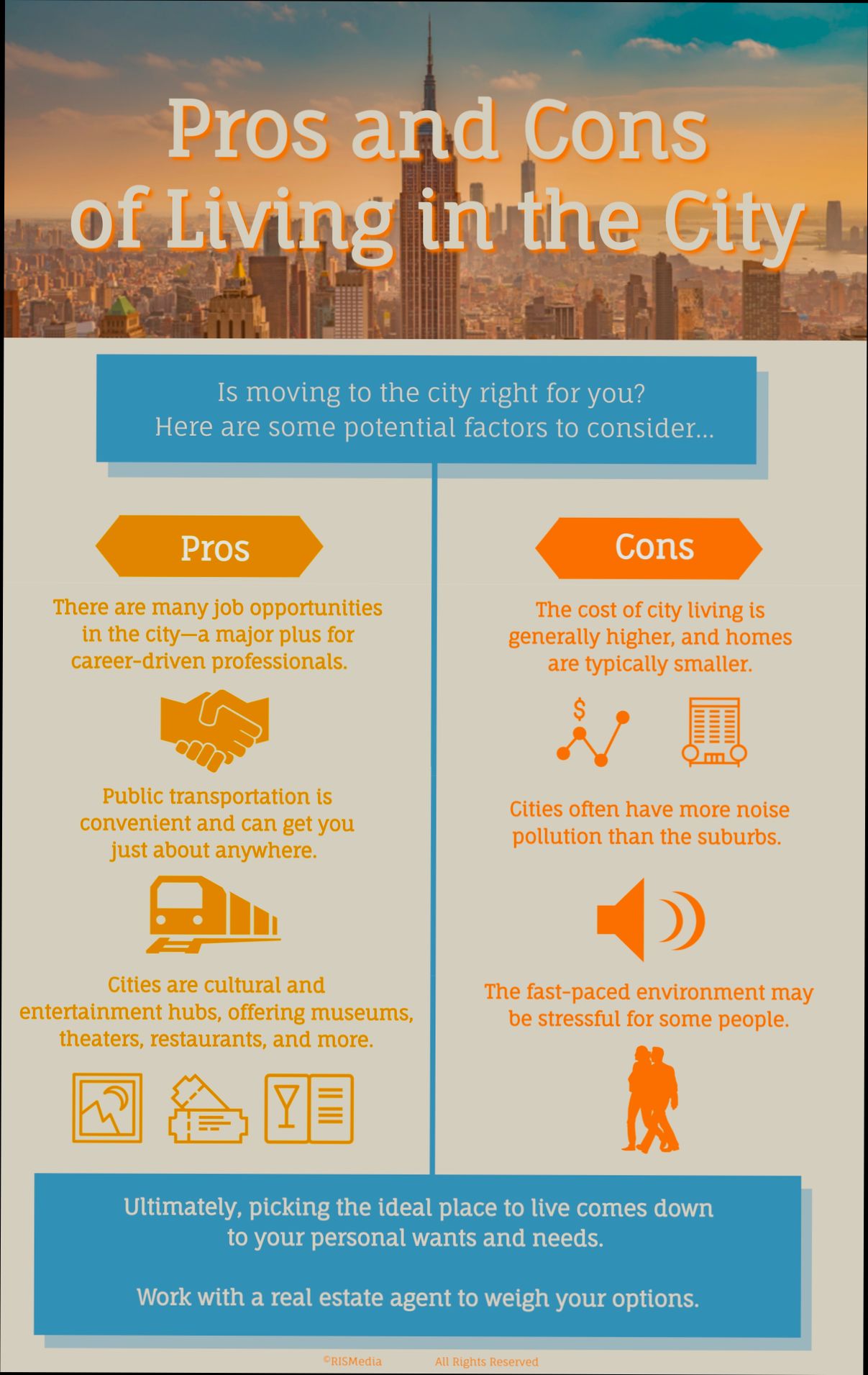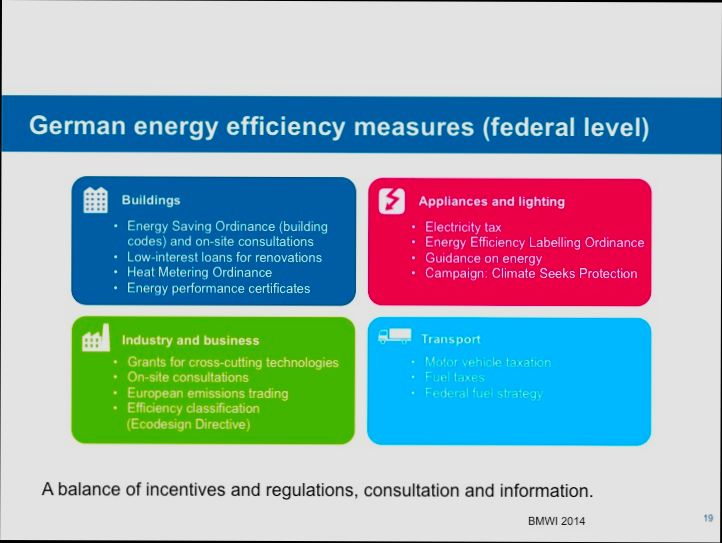Pros and Cons of Living in Düsseldorf can feel like a rollercoaster ride—thrilling at times but with a few dips along the way. On the bright side, Düsseldorf is often praised for its vibrant arts scene, with over 30 museums and galleries. You can’t forget the famous Königsallee, where the boutiques rival anything you’d find in Paris. Plus, the city is a hub for fashion and finance, housing companies like Uniper and Metro, which means plenty of job opportunities for those in the corporate world. And let’s talk about public transportation—locals love how efficient and affordable trains and trams are, making it easy to explore the city and beyond.
Yet, living in Düsseldorf isn’t without its hiccups. The cost of living can be steep, especially in trendy areas like Oberkassel, where rent prices hover around €12 per square meter. And if you’re a foodie, be prepared for some sticker shock when dining out; a simple meal can cost you around €10 or more in some parts of the city. The weather can also be a downer—gray skies and rain are not uncommon, leading to more indoor days than you might prefer. All in all, Düsseldorf packs a punch with its unique offerings, but it’s definitely a mixed bag that requires some consideration.
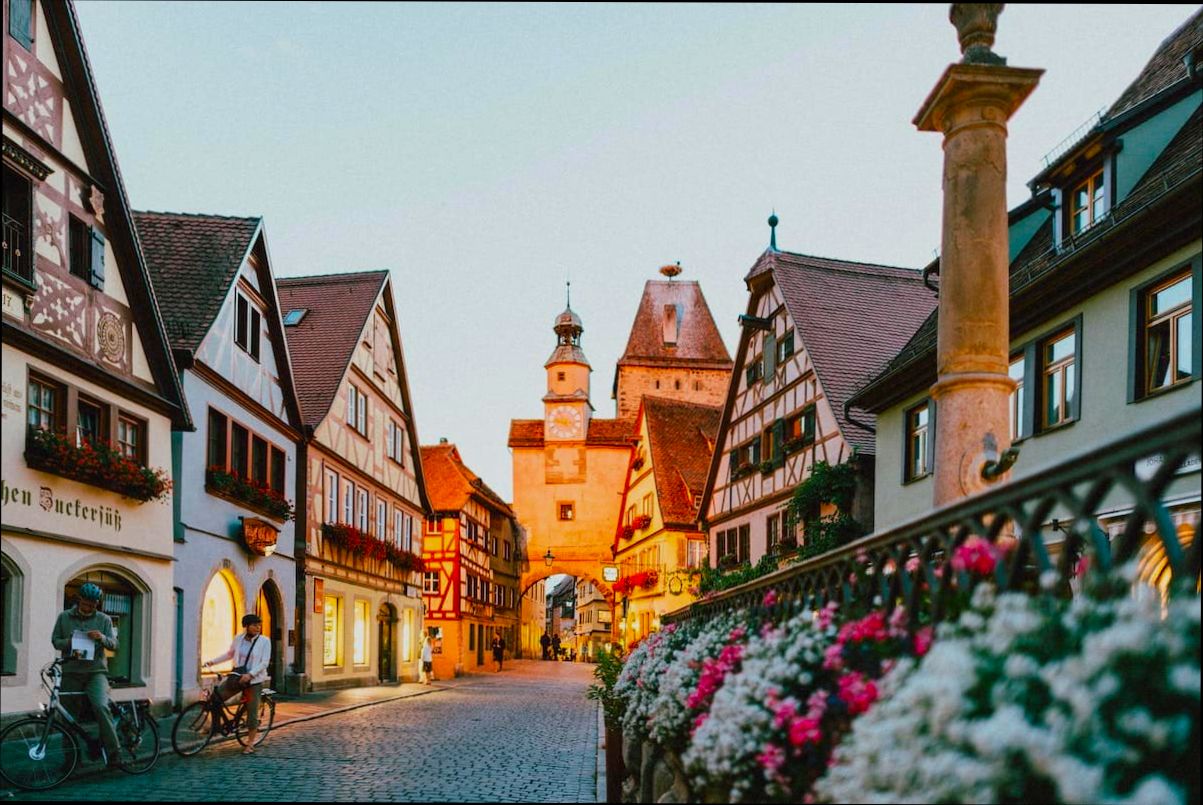
Quality of Life Metrics in Düsseldorf
Living in Düsseldorf presents intriguing quality of life metrics, reflecting diverse aspects of daily life here. From healthcare access to public transport efficiency, these metrics help paint a clearer picture of what you can expect when relocating to this vibrant city.
Key Quality of Life Metrics
1. Healthcare Access: Düsseldorf ranks high in healthcare, with a doctor-to-patient ratio of approximately 1:325. The city boasts over 30 hospitals and numerous clinics, ensuring that high-quality medical care is readily available to residents.
2. Public Transport Efficiency: The public transportation system is efficient, with the city’s buses and trams covering over 300 kilometers of routes. Approximately 85% of the city is within a 10-minute walk from the nearest public transport stop.
3. Safety and Security: With a crime rate lower than the national average, Düsseldorf is considered one of the safer cities in Germany. According to 2023 statistics, it has a reported crime rate of 4,000 incidents per 100,000 residents, making the city appealing for families and professionals alike.
4. Education and Literacy: The literacy rate in Düsseldorf stands at a remarkable 99%, supported by a strong education system comprised of several universities and international schools. The presence of institutions like Heinrich Heine University enriches educational opportunities in the city.
5. Environmental Quality: Düsseldorf ranks among the top cities in Germany for air quality, boasting an average PM2.5 rating of just 10 µg/m3, which is significantly below the WHO recommendation of 10 µg/m3. This contributes to a healthier living environment for all residents.
| Metric | Düsseldorf | National Average |
|---|---|---|
| Doctor-to-Patient Ratio | 1:325 | 1:450 |
| Crime Rate (per 100k) | 4,000 | 5,200 |
| Literacy Rate | 99% | 97% |
| PM2.5 Air Quality | 10 µg/m3 | 15 µg/m3 |
Real-World Examples
- Healthcare: A recent resident, Anna, experienced a seamless process while accessing healthcare after moving. With a local hospital just 2 km away, she received excellent care within 24 hours of arriving in Düsseldorf.
- Public Transport: Mark, who does not own a car, shares how he easily navigates the city using the efficient tram system. He can commute from his apartment in Oberkassel to the city center in less than 20 minutes.
Practical Implications
When considering a move to Düsseldorf, look at these quality of life metrics carefully. Investigate local healthcare facilities and educational institutions to ensure they meet your family’s needs. If you’re reliant on public transportation, familiarize yourself with the tram and bus routes that serve your area.
Each metric contributes to a satisfying lifestyle, promoting convenient access to necessary services and a safe environment. Whether you’re moving for work, study, or family life, understanding these metrics will empower you to make informed decisions about living in Düsseldorf.
- Keep track of healthcare accessibility by identifying local clinics and hospitals before your move.
- Familiarize yourself with public transport passes and schedules to enhance your commuting experience.
- Research educational opportunities to find the best fit for you or your child’s needs.
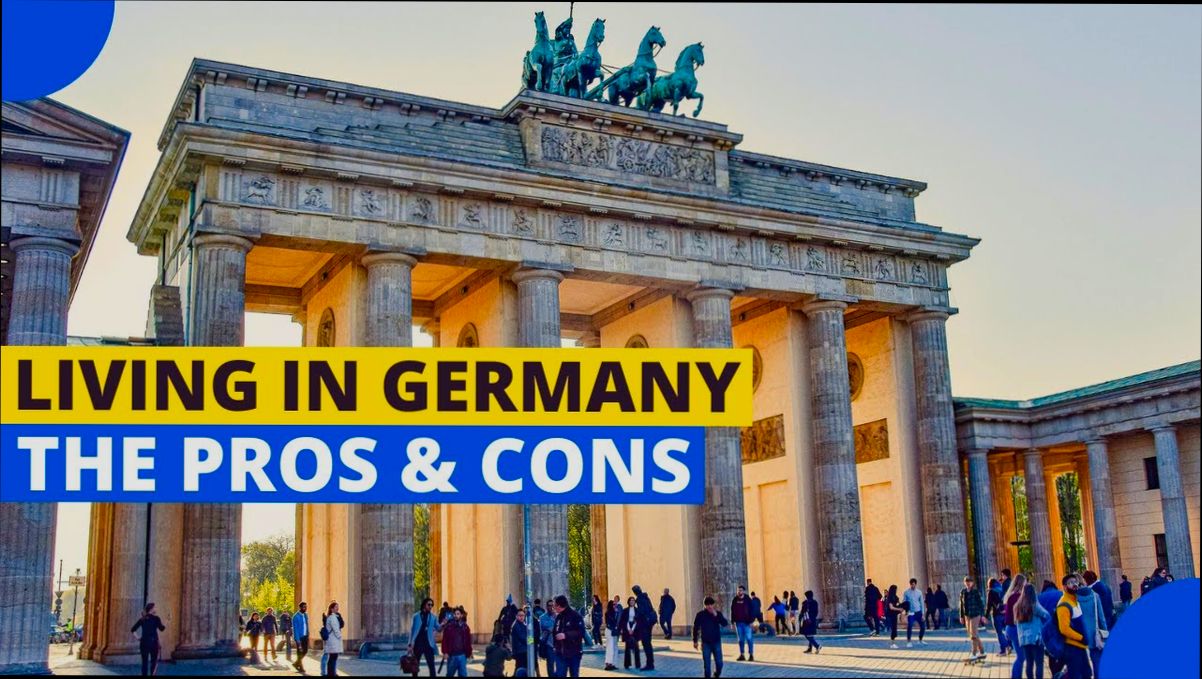
Cost of Living Considerations
When contemplating a move to Düsseldorf, understanding the cost of living is crucial for managing your budget effectively. Various facets, from housing to transportation, significantly influence daily expenses. Let’s dive into the specific cost considerations you should be aware of.
Key Statistics on Cost of Living
- The Consumer Price Index (CPI) experienced an increase of 2.8% over the past year, reflecting the overall price change for urban consumers.
- For housing, the rent for primary residences rose by 4.1%, indicating a noticeable increase that could impact your monthly budget.
- Food costs also climbed, with food away from home increasing by 3.7% and overall food costs rising by 2.6%. Specific categories like meats and poultry saw a significant jump of 7.7%.
- Transportation is another area to consider, with transportation services seeing an increase of 6.0%, which may affect commuting costs for many residents.
Comparative Table of Cost Changes
| Category | 12-month percent change, February 2025 |
|---|---|
| All items | 2.8% |
| Rent of primary residence | 4.1% |
| Food away from home | 3.7% |
| Transportation services | 6.0% |
| Medical care services | 3.0% |
Real-World Examples
In Düsseldorf, your grocery bills can vary widely depending on your eating habits. For instance, if you frequently dine out, the compounded increase of 3.7% means budgeting an extra €100-€200 per month. If you tend to shop at upscale markets for meat, you might notice an even larger spike in that category, possibly requiring adjustments in other areas of your budget.
In housing, if you were paying €1,000 in rent last year, you can expect to pay about €1,041 this year just based on the average increase. This increase can strain your finances, especially if you’re on a fixed income or your salary hasn’t kept pace with rising rents.
Practical Implications
As you think about living in Düsseldorf, you’ll want to consider:
- Housing costs: Expect to allocate a significant portion of your income to rent, particularly in central areas. This can push you to search for more affordable neighborhoods or smaller accommodations.
- Food budget: If you prefer cooking at home, keep an eye on prices, especially for meats that are rising sharply. You might consider shopping at local markets that offer fresher produce at better prices.
- Transportation costs: Increased transportation expenses may encourage you to rely more on public transport, which is an efficient option in Düsseldorf.
Actionable Advice
- Always factor in a 10-15% buffer in your budget to account for the rising costs in various categories.
- Explore local markets for groceries instead of larger supermarkets to save on food expenses.
- Consider using public transport and getting a monthly pass to reduce your commuting costs, as transportation services will take a larger bite out of your budget if you’re frequently driving.
These insights can help you make informed financial decisions as you settle into your new life in Düsseldorf.
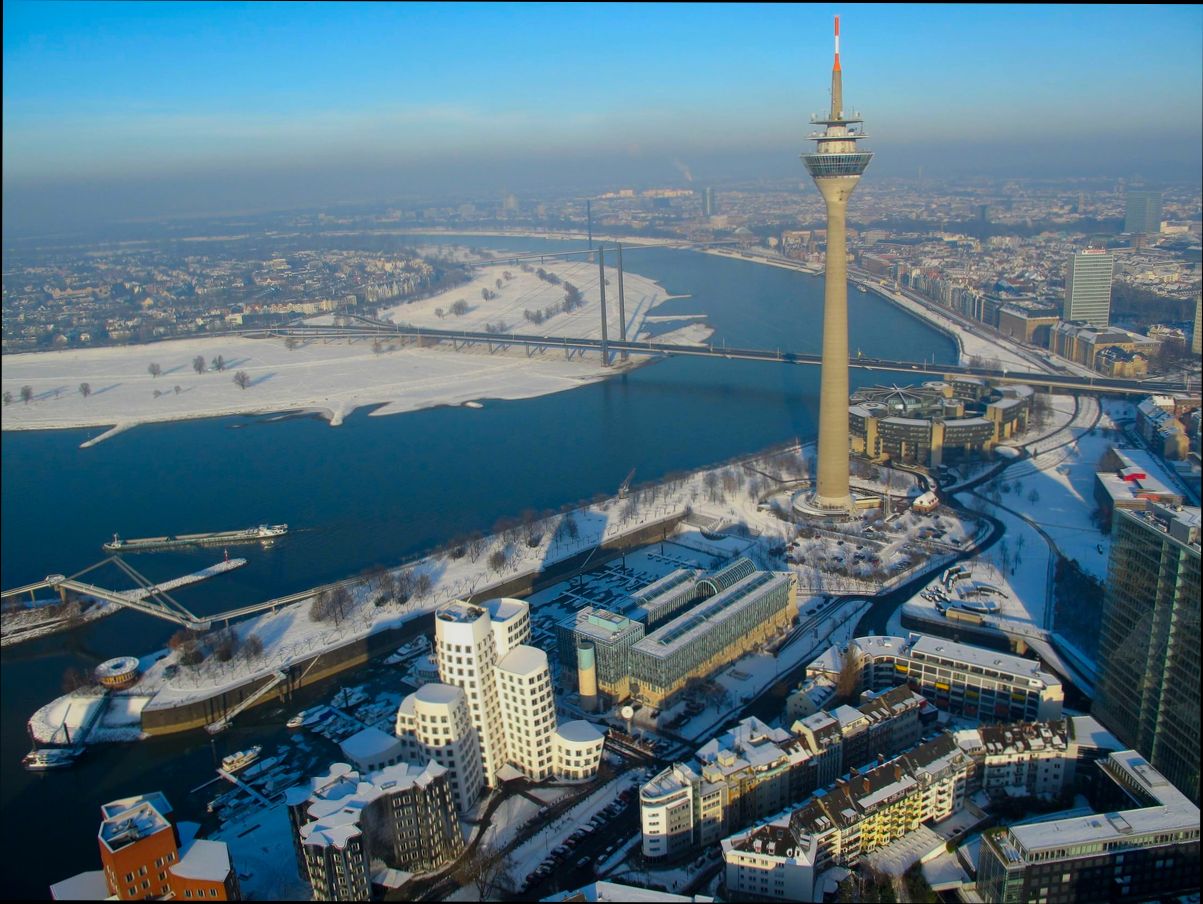
Cultural Opportunities and Community Life
Living in Düsseldorf opens up a vibrant world of cultural possibilities and engaging community life. The city is bustling with festivals, artistic events, and a strong sense of community that brings both locals and expatriates together. Let’s delve into the rich tapestry that makes Düsseldorf a special place for cultural enthusiasts and those keen to connect with friendly neighbors.
Key Cultural Opportunities
- Festivals and Events: Düsseldorf hosts many cultural events throughout the year. Notably, the Carnival season attracts over 1 million visitors, showcasing parades, music, and joyous celebrations that reflect the city’s rich tradition.
- Art Institutions: The Kunstsammlung Nordrhein-Westfalen is home to over 20,000 pieces of art, demonstrating an impressive collection that spans different eras. This institution draws art lovers and scholars from around the world.
- Theatrical Performances: The city boasts more than 20 theaters, including the renowned Schauspielhaus Düsseldorf, which offers a varied program ranging from classic plays to contemporary performances, enhancing the local arts scene.
Cultural Life Table
| Cultural Feature | Description | Participation Rate |
|---|---|---|
| Annual Carnival | Colorful parades and festivities | 1 million visitors |
| Kunstsammlung NRW | Extensive art collection and exhibitions | 150,000 visitors/year |
| Number of Theaters | Diverse performances in theater arts | 20+ theaters |
Real-World Examples
Düsseldorf is known for its international culinary scene as well, making it a melting pot of cultures. You can find an array of restaurants offering Moroccan, Vietnamese, and Mexican cuisines, enhancing the city’s multicultural identity. Events like the Düsseldorfer Japan-Tag celebrate Japanese culture, drawing thousands who enjoy authentic food, traditional arts, and performances, showcasing the city’s openness to cultural diversity.
In particular, the Düsseldorf Film Festival attracts filmmakers and movie lovers alike, offering independent and international films a platform to reach a broader audience, contributing to both cultural enrichment and community engagement.
Practical Implications
For newcomers wanting to immerse themselves in cultural life, joining community groups focused on shared interests—such as art, music, or even culinary clubs—can be immensely rewarding. The city also provides numerous volunteer opportunities with local organizations that promote cultural events, giving residents a chance to meet like-minded individuals while contributing positively to the community.
Moreover, for families considering relocation, “Düsseldorf’s culture is family-friendly,” with many museums offering free admission for children and educational programs for young learners. This not only enriches children’s education but also allows families to bond over shared cultural experiences.
It’s enriching to know that engaging in Düsseldorf’s cultural life can be as simple as attending an art opening, signing up for a cooking class, or participating in one of the many vibrant street festivals. Embrace the local art, cuisine, and community events to fully experience what makes living in Düsseldorf a culturally rewarding opportunity.
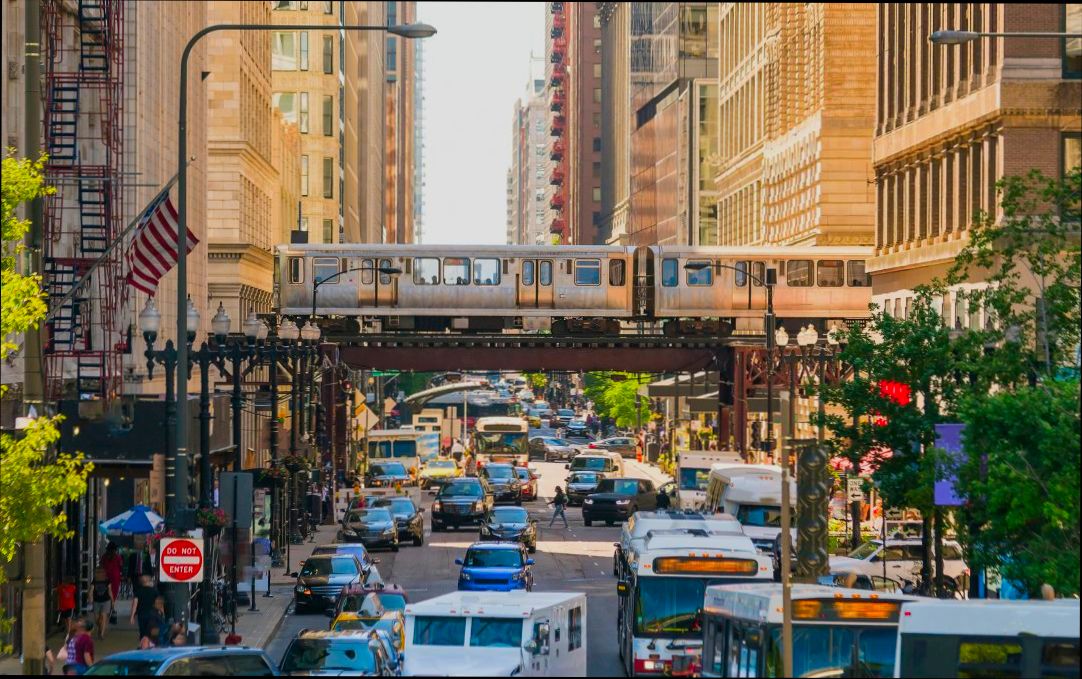
Employment Landscape and Job Market in Düsseldorf
The employment landscape in Düsseldorf is vibrant and offers a wealth of opportunities across various sectors. As an expat or a German native, understanding the job market dynamics here can significantly impact your career choices and lifestyle.
Düsseldorf, being the capital of North Rhine-Westphalia, has a robust economy that supports industries such as fashion, telecommunications, and finance. The city is home to about 400 multinational corporations, including leading companies like Vodafone and Henkel. The diverse job market is complemented by a high demand for skilled labor, particularly in technical and creative fields.
Key Employment Statistics
- Unemployment Rate: As of recent data, Düsseldorf boasts a 3.9% unemployment rate, which is below the national average of approximately 5.0%.
- Growth Sectors: Key industries showing growth include IT, Health Care, and Renewable Energy, with job increases forecasted at 2.7% per year through 2025.
- Language Proficiency: Knowledge of German is an asset. However, many expats find opportunities in international companies where English is the working language.
Job Market Comparisons
| Sector | Job Openings 2023 | Growth Forecast 2025 |
|---|---|---|
| IT | 8,000 | 4.5% |
| Health Care | 5,500 | 3.8% |
| Telecommunications | 3,000 | 2.2% |
| Finance & Banking | 4,000 | 2.5% |
Real-World Examples
Numerous expats have successfully transitioned into the job market in Düsseldorf. For instance, a software engineer from the U.S. shared that after networking through local tech meetups and utilizing online job portals, they were able to secure a position with a digital marketing firm within two months. These networking avenues are crucial, as 70% of jobs in Germany are filled through personal connections rather than traditional applications.
Another example involves a graphic designer from Canada who started freelancing after attending a local workshop for creatives. They leveraged social media platforms to showcase their work, ultimately leading to collaborations with local businesses.
Practical Implications
If you’re considering employment in Düsseldorf:
- Tap into local networks: Join industry-specific groups on platforms like LinkedIn and attend local meetups.
- Polish your CV: Make sure your resume aligns with German standards, emphasizing your skills and experiences tailored for the job you’re targeting.
- Consider language classes: While many companies operate in English, learning German can broaden your job prospects and help you integrate better.
When searching for a job, keep an eye on online job portals such as Indeed and Glassdoor specifically for Düsseldorf. Many companies also list openings on their career pages.
- Actionable Advice: Create a profile on local job-seeking platforms and actively engage with the expat community through forums. This will not only help you find job openings but also provide invaluable support during your transition.
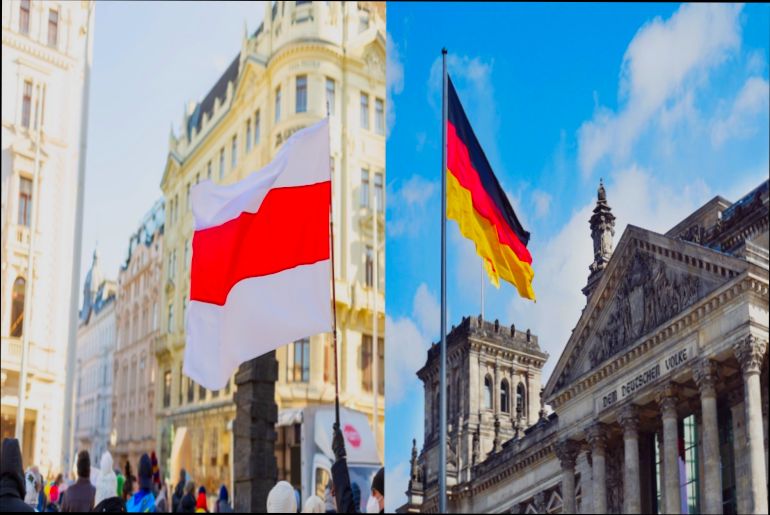
Public Transportation Efficacy and Accessibility
When considering life in Düsseldorf, the public transportation system stands out as a vital aspect that impacts daily commutes and accessibility. With a well-integrated network, understanding its efficacy can enhance your experience in the city.
Key Insights on Public Transportation
Düsseldorf’s public transport system is extensive and efficient, featuring trams, buses, and the Stadtbahn (light rail). Here are some notable statistics:
- Coverage: The network covers approximately 95% of the city, making it convenient for most residents to reach their desired destinations.
- Frequency: During peak hours, the average wait time for public transport is about 5-10 minutes, ensuring minimal delays.
- Sustainability: Over 60% of daily commuters rely on public transportation, reflecting the system’s role in reducing traffic congestion and emissions.
Comparative Table of Public Transport Options
| Transport Type | Average Fare | Coverage Area | Frequency |
|---|---|---|---|
| Tram | €2.90 | City and suburbs | Every 5-10 min |
| Bus | €2.90 | City and suburbs | Every 10-15 min |
| Stadtbahn | €2.90 | City and intercity | Every 5-10 min |
Real-World Examples
One significant case highlighting the efficacy of Düsseldorf’s public transportation is the introduction of smart ticketing systems. These systems have allowed commuters to purchase tickets through various digital platforms, increasing convenience and reducing wait times. Moreover, the integration of real-time tracking apps enhances accessibility, as users can view bus and tram schedules live, allowing for better planning.
Another example is the city’s commitment to improving accessibility for differently-abled individuals. Most transport stations and vehicles are equipped with ramps and designated spaces, ensuring that public transportation is inclusive for everyone.
Practical Implications for Residents
For residents, utilizing the public transport system offers several advantages:
- Cost Savings: With a monthly pass costing around €84, frequent users can save significantly compared to the expenses associated with owning a car.
- Time Efficiency: Given the high frequency of services, you can plan your day more efficiently, whether you’re commuting to work or exploring the city.
- Environmental Impact: By opting for public transport, you contribute to lower carbon emissions, aligning with Düsseldorf’s sustainability goals.
To maximize the benefits, consider investing in a monthly or yearly transit pass if you plan to use public transport regularly. Research shows that individuals who utilize these systems frequently maintain a better work-life balance due to reduced stress from driving and parking!
Overall, understanding public transportation efficacy and accessibility in Düsseldorf not only simplifies daily life but also enhances your living experience in this vibrant city.
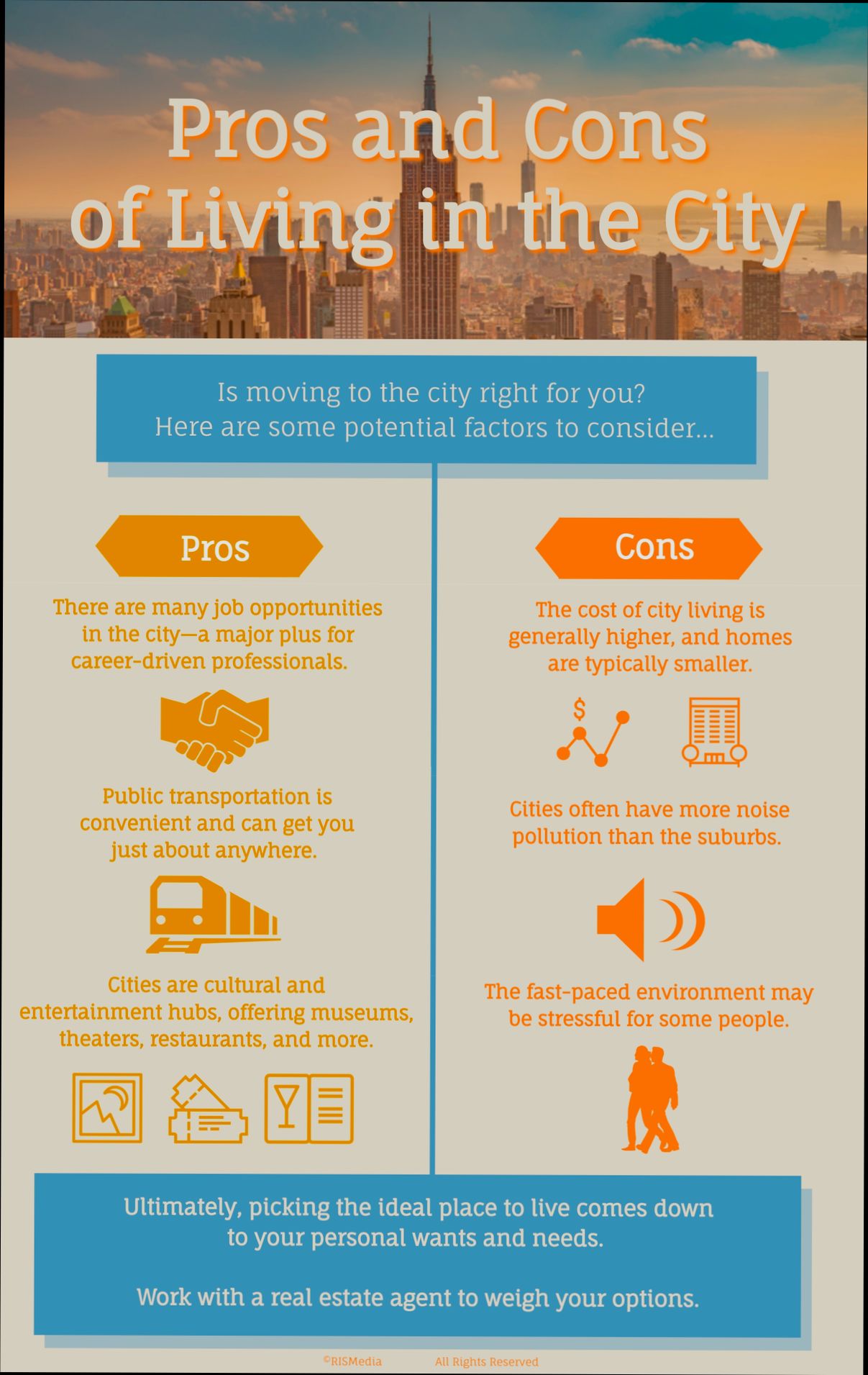
Dining and Entertainment Scene Highlights
Düsseldorf boasts a diverse dining and entertainment scene that captivates food lovers and culture enthusiasts alike. With a blend of traditional eateries, trendy restaurants, and lively nightlife, there’s something for everyone to enjoy. Let’s dive into what makes Düsseldorf’s dining and entertainment landscape so special.
Culinary Delights
- Local Cuisine: Düsseldorf is famous for its hearty local dishes, such as “Himmel und Ääd,” a delicious mix of black pudding with mashed potatoes and apple sauce. The city also serves various international cuisines, reflecting its multicultural population.
- Michelin Star Restaurants: If you’re a fan of fine dining, you’ll love that the city is home to notable Michelin-starred establishments. Currently, there are 11 Michelin-starred restaurants in Düsseldorf, catering to those seeking gourmet experiences.
- Wine Culture: The local wine scene is vibrant, especially with the nearby vineyards of the Rhine Valley. You can enjoy stunning wine tastings, with the region producing over 250,000 hectoliters of wine annually.
Nightlife and Entertainment
- Bars and Clubs: The nightlife in Düsseldorf is vibrant, with areas like the Altstadt (Old Town) offering a plethora of bars and clubs. Numerous venues frequently host live music events, ensuring you have options for a fun night out.
- Annual Events: The city hosts a variety of festivals that focus on food and drinks. Events like the Düsseldorf Wine Festival draw crowds of over 50,000 visitors, providing an excellent opportunity to sample local specialties and enjoy live entertainment.
| Type of Venue | Number of Establishments | Notable Features |
|---|---|---|
| Michelin-starred | 11 | Fine dining with innovative menus |
| Casual Dining | 200+ | Emphasis on local and international cuisine |
| Nightclubs & Bars | 150+ | Live music, themed nights |
| Wine Tasting Venues | 20 | Access to local Rhine Valley wines |
Real-World Examples
One iconic spot that perfectly embodies Düsseldorf’s dining ethos is “Brauhaus Zacken,” where you can enjoy locally brewed Altbier with traditional German dishes in a lively atmosphere. Not far from there, “Schnüsch” offers unique seasonal menus with locally sourced ingredients, showcasing the city’s modern culinary innovations.
Additionally, the annual Düsseldorf Carnival is a must-attend event where food stalls and local brews fill the streets, bringing together the community and showcasing local flavors.
Practical Insights
- Reservations: For popular restaurants, especially the Michelin-starred ones, making a reservation in advance is highly recommended.
- Local Tips: Join locals for beer tastings at various Brauhäuser (brewery pubs) to get a genuine feel of the city’s beer culture.
- Festival Engagement: Engage in food festivals not just for tastings but also for networking with local chefs and foodies, which can offer insights into culinary trends.
Quick Facts
- Did you know that Düsseldorf is also recognized for its vibrant Asian food scene, particularly its high concentration of Japanese restaurants? You can find a variety of authentic options, making it a great place for sushi lovers.
- The city’s focus on sustainability has led many restaurants to implement eco-friendly practices, such as sourcing ingredients from local farms, so you can enjoy your meal while supporting the environment.
Engaging with Düsseldorf’s dining and entertainment scene can truly enhance your living experience in the city, brimming with flavors and cultural richness.
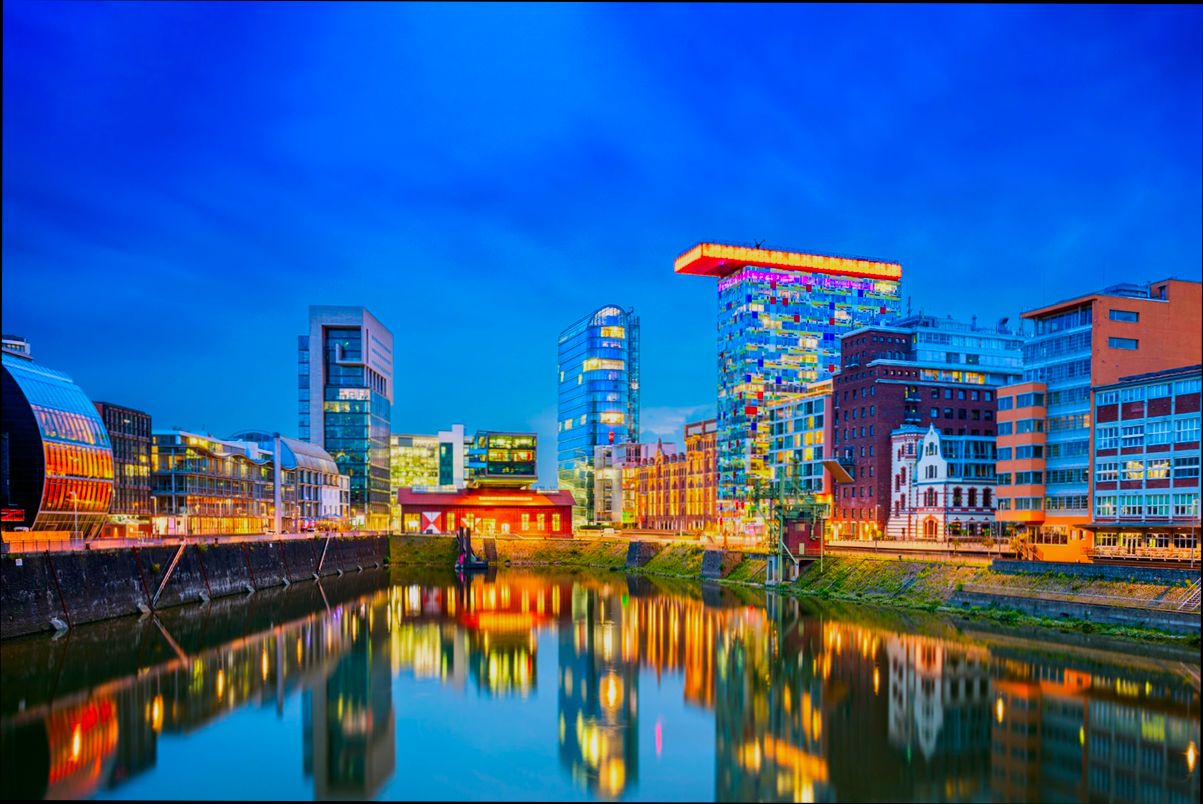
Environmental Sustainability Initiatives in Düsseldorf
When it comes to living in Düsseldorf, the city shines for its commitment to environmental sustainability. With numerous initiatives designed to address climate change and promote green living, Düsseldorf strives to transform urban life into a more eco-friendly experience. Let’s delve into the specifics of these initiatives that make the city a leader in sustainability.
Key Initiatives and Goals
Düsseldorf is active in several impactful sustainability initiatives, seeking to reduce its environmental footprint significantly. Here are some of the key components:
- The city aims to achieve climate neutrality by 2035. This ambitious goal translates to reducing current CO2 emissions from approximately 6 tons per capita to 2 tons per capita.
- In 2022, Düsseldorf emitted around 4.63 million tons of CO2 equivalents, indicating a roadmap for continued emissions reduction through strategic measures.
- Efforts focus on energy-efficient building practices, which includes both the construction and retrofitting of residential properties to minimize energy consumption.
- A comprehensive actions program launched in 2017 has set various climate protection measures in motion, ensuring that diverse stakeholders—residents, businesses, and local institutions—collaborate towards this common goal.
Comparative Table of Key Sustainability Metrics
| Metric | Current Status | Target for 2035 |
|---|---|---|
| CO2 Emissions (per capita) | 6 tons | 2 tons |
| Total CO2 Emissions (Düsseldorf) | 4.63 million tons | - |
| Percentage of Climate-Friendly Mobility Initiatives | Ongoing Investment | Expand by 30% |
| Energy Efficiency Projects | 400+ Initiatives | Continuation and Expansion |
Real-World Examples
One notable initiative is the Klimaschutzkonzept, a strategic plan that not only aims to enhance energy efficiency but also encourages residents to participate through workshops and surveys.
Additionally, Düsseldorf is implementing upgrades to its public transport infrastructure to enhance climate-friendly mobility options. This includes investments in electric buses and bike-sharing programs, both contributing to decreased emissions within the urban setting.
Moreover, the city promotes renewable energy sources like solar and wind, actively supporting residential installations through financial incentives that encourage ecological building practices.
Practical Implications for Residents
For you, as a resident or a prospective dweller in Düsseldorf, these sustainability initiatives mean a cleaner environment and healthier living conditions. Engaging with community workshops can provide you with information and resources to contribute to local sustainability efforts.
By embracing these green practices, you can actively participate in Düsseldorf’s journey toward becoming a greener city. Track your own carbon footprint and consider sustainable living options, such as opting for public transport or supporting local businesses that focus on eco-friendly products.
Understanding the framework around these sustainability initiatives equips you with the knowledge to make informed environmental choices in your daily life while residing in Düsseldorf.
